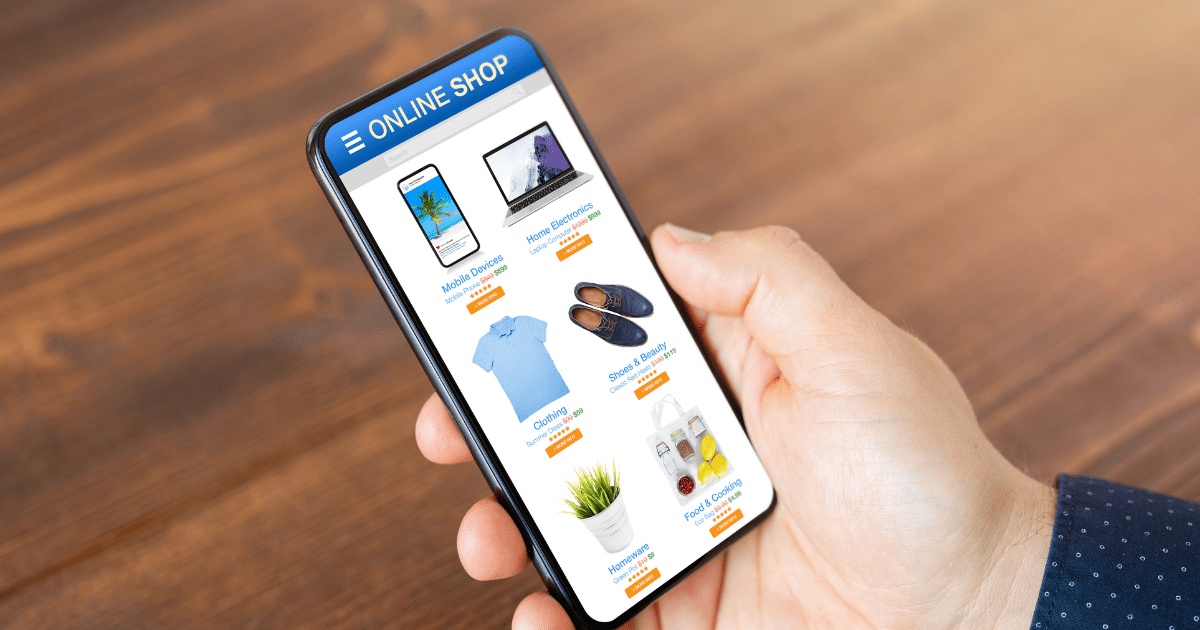
You might have thought that tech has made your average customer more complex. Not so, says Jan Moganwa, head of customer solutions at Barclays Africa.
In fact, Moganwa says, the customer is still as simple as they’ve always been, but in order to meet their needs businesses have had to shift their focus from being product-driven to being customer-driven.
“I think the shift to the customer has forced us to think hard around [how] we can no longer prescribe solutions to the customers. [How] we need to know much more about them so that the solutions we offer them feel personal, feel like they’re solving a specific need for the customer,” Moganwa says.
Data has been the game changer in this regard, says Moganwa, particularly in helping business to learn about what it is that the customers really want.
Technology is able to help businesses learn much more about the customer than just a few years ago, and that’s where data is becoming a very useful utility for businesses, says Moganwa.
Connecting with customers where they are
With the continuing rise in mobile penetration, the best place businesses can connect with the customer is where they spend most of their time – on their smartphone devices.
Recently, Wynand Smit, CEO at Inovo, a customer service optimisation company, wrote that the biggest growth market among customers are the tech savvy millennials aged between 18 and 34, this is the group that is largely at the centre of the digital evolution. According to the article, a recent study conducted by US-based firm Startek uncovered that 80% of those polled preferred to use digital devices when contacting customer service departments within companies.
“They said that using devices made it faster and easier to contact companies via social media channels, email or chat options,” Smit wrote.
Embracing the digital future
The focus on digital has not only changed how businesses interact with customers but it is now at the centre of how many businesses do business.
In a 2014 McKinsey Global Survey, executives who were surveyed reported that their CEOs “are more involved in digital efforts than ever before and that their enterprises are now investing enough to meet their overall digital goals”.
We have also seen a number of companies that managed to use technology to solve and connect to customers’ needs in a unique or substantial way, going on to disrupt and define entire industries. Uber, AirBnb and Mint are a few of the more notable examples.
Moganwa, who is part of the team leading the digital evolution of Absa, is aiming to do just this for the traditional institution.
Moganwa says there are things that smaller startups can do to use tech to connect with their customers that can ultimately jumpstart their businesses.
Moganwa on using data to give your products and services that personal touch
The biggest investment we are making is in digital and in data. Data provides us with a level of information on a client that we’ve never ever had before. But the combination of that and mobile is a very powerful combination because you can use that data to get into the customer’s personal space outside of working hours.
It’s an interesting stat about how many times people actually look at their phones. If you can have data that personalises the solutions, pass it through mobile. That, we think, is a powerful combination.
Moganwa on giving the customer what they want
It’s interesting that the more we think the customers are becoming complex, the more we realise that actually, things are still as simple. First of all, customers want you to first do what you say you will do. Before you offer them any fancy thing, can you just do what you say you will do as a service provider?
That’s true for us as a bank just as much as it is true for any small business. Just focus on delivering on your customer value proposition, your customer promise. On top of that foundation, you then can say, ‘what else can you do?’
Moganwa on finding solutions for the customer by the customer
Co-create with the customer because they want to feel like they are part of the solution. And that is why I say data is starting to become a very important competitive advantage because when the solution reaches the customer it must feel like it is for them. And all businesses will have to think about how to solve for that.
“It’s interesting that the more we think the customers are becoming complex, the more we realise that actually, things are still as simple”
Moganwa on focusing on strengths to give the best service to customers
The analogy I use a lot is a small speed boat versus a big cruise ship. All of them have got strengths as much as they’ve got weaknesses. A cruise ship will carry the big loads, it will go further, it carries more fuel, it can do a lot of things for you, it can carry lots of weight. One thing it will not do for you, it will not do a quick turnaround in a very short space and a very short time.
The best combination is not to try and be a small boat when you are a big cruise ship, but you get people who can then be the small speed boats. So what we are doing with different technology companies is as we run this big cruise ship that is meant to do the basic big things right, how do we partner with people who give us the small speed boats that give us the flexibility we will never have as a big cruise ship.
Moganwa on reaching customers wherever they are
Getting to markets is actually now [easier], the opportunity is much bigger than what you would have had in the past. There is nothing impossible about a small startup in Johannesburg thinking about selling goods to someone sitting in Iran because it is possible today. Why? Because first of all the internet gives you that access, secondly there are many service providers that you can partner with in terms of getting your goods from Johannesburg to a city in Iran. So think wider and think broader. Technology allows you to do that.


